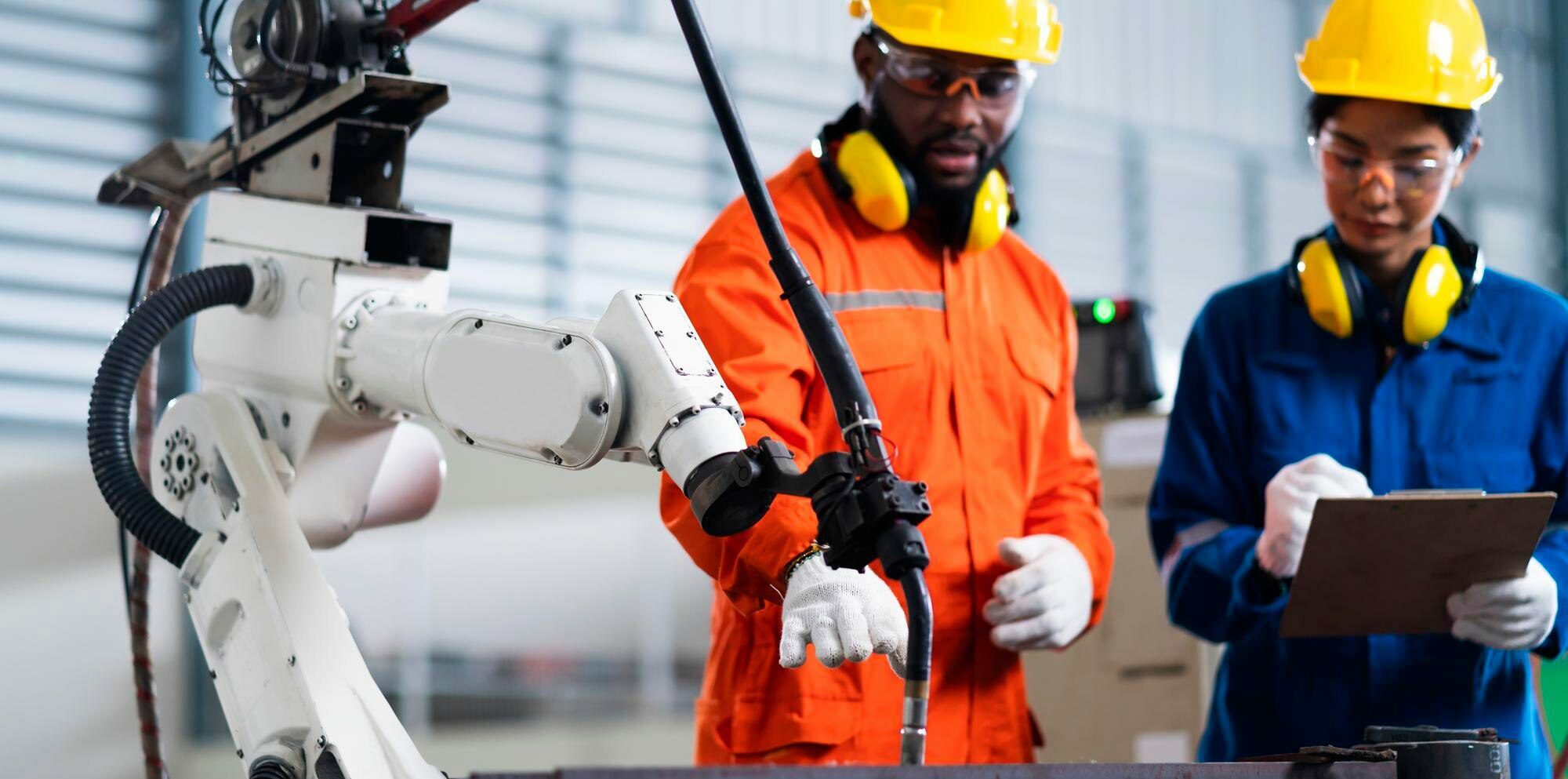Could you take a moment and imagine the last time you used your smartphone’s voice assistant? You may have asked about the weather or the fastest route to your next meeting. Now, recall the thrill of seeing a self-driving car on the streets for the first time or hearing about a surgeon assisted by robotic arms in a complex surgery.
These moments of awe, curiosity, and sometimes even slight apprehension are not just fleeting emotions. They are evidence of a profound transformation happening right beneath our fingertips. They’re signs that Artificial Intelligence, or AI, is rapidly becoming integral to our daily lives.
While AI’s implications may feel distant or too technical, understanding its impact across various industries is more than just beneficial; it’s imperative. Every industry, from finance to farming, retail to real estate, is undergoing a metamorphosis. And the exciting part is that many of you have often thought about it without even realizing it.
Industries on the Frontlines of the AI Revolution
Artificial Intelligence (AI) is revolutionizing numerous industries, driving innovation and efficiency in ways previously unimaginable. From healthcare to finance, AI’s impact is widespread, transforming operations, decision-making, and customer experiences. Reports indicate that while the overall employment growth rate for 2023 sits at a modest 3%, the field of computer and information scientists has skyrocketed, with a projection of 23% growth. This growth in demand for AI specialists gives us a glimpse into industries changing. It is essential to view the impact of AI through both a lens of disruption–transforming jobs while creating new opportunities.
Banking and financial services
Experts predict a monumental value addition between $200 billion to $340 billion annually if the banking industry fully leverages generative AI. AI is revolutionizing banking operations from automatically spotting fraudulent activities to instantaneously addressing customer queries. This automation streamlines processes, ensuring a seamless and cost-effective operational flow.
Retail and consumer packaged goods
The retail segment could experience a windfall, with generative AI potentially contributing an annual value of $400 billion to $660 billion. Imagine a retail space where AI foresees demand, manages inventory seamlessly, and curates shopping experiences tailored to individual preferences. This isn’t science fiction but the imminent reality of the retail industry.
Healthcare
AI is making a profound impact on the healthcare industry. In diagnostics, AI is revolutionizing medical imaging interpretation, automating pathology analysis, and aiding in EKG interpretation, leading to faster and more accurate diagnoses. It accelerates drug discovery, facilitates personalized medicine by leveraging genetic and clinical data, and offers clinical decision support. Additionally, AI-powered wearables continuously monitor vital signs and health metrics, enabling early detection of health issues, while telemedicine and administrative tasks benefit from AI automation.
High-tech and telecommunications
Intrinsically tied to technology, this sector is set for an overhaul with AI-driven automation and optimization across multiple functions. AI is the silent engine propelling advancements in the tech and telecom domains, from bolstering network operations to driving next-gen product developments.
Manufacturing
Automation transforms the manufacturing sector by enabling more innovative production processes and predictive maintenance, reducing downtime and costs. Its integration in robotics, quality control, and supply chain management fosters unprecedented precision, customization, and operational agility in manufacturing environments.
Entertainment
AI isn’t just a tool; it’s an artist. The entertainment sphere buzzes with AI-composed symphonies, AI-written scripts, and even AI-developed games. AI curates. Whether it’s a movie recommendation or a music playlist, AI learns, predicts, and offers, ensuring users find what they love. While AI fuels creativity, the entertainment industry must brace for role reshuffles. The skills, once deemed crucial, might need reevaluation as AI starts sharing the creative space.
The rapid advancement of AI has led to the creation of novel job roles across diverse sectors, which were nonexistent a few years ago but are now essential. In healthcare, AI specialists are needed to develop algorithms for patient care and diagnostics, while in manufacturing, AI engineers are revolutionizing production lines with intelligent automation. Logistics companies are looking for AI experts to optimize supply chain efficiency and predictive analytics, and in construction, roles centered around AI-enhanced design and project management are emerging. These are just a few of the industries actively seeking professionals who can harness AI to innovate, improve efficiency, and address unique sector-specific challenges, marking a significant shift in the job market towards AI-centric skills and knowledge.
